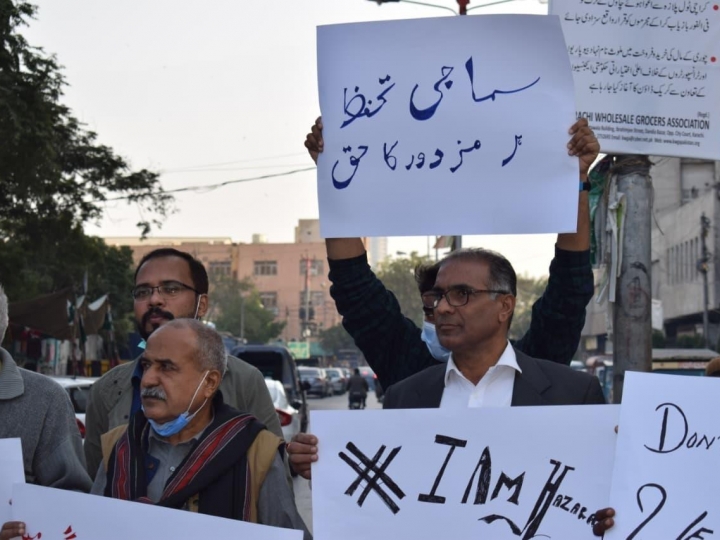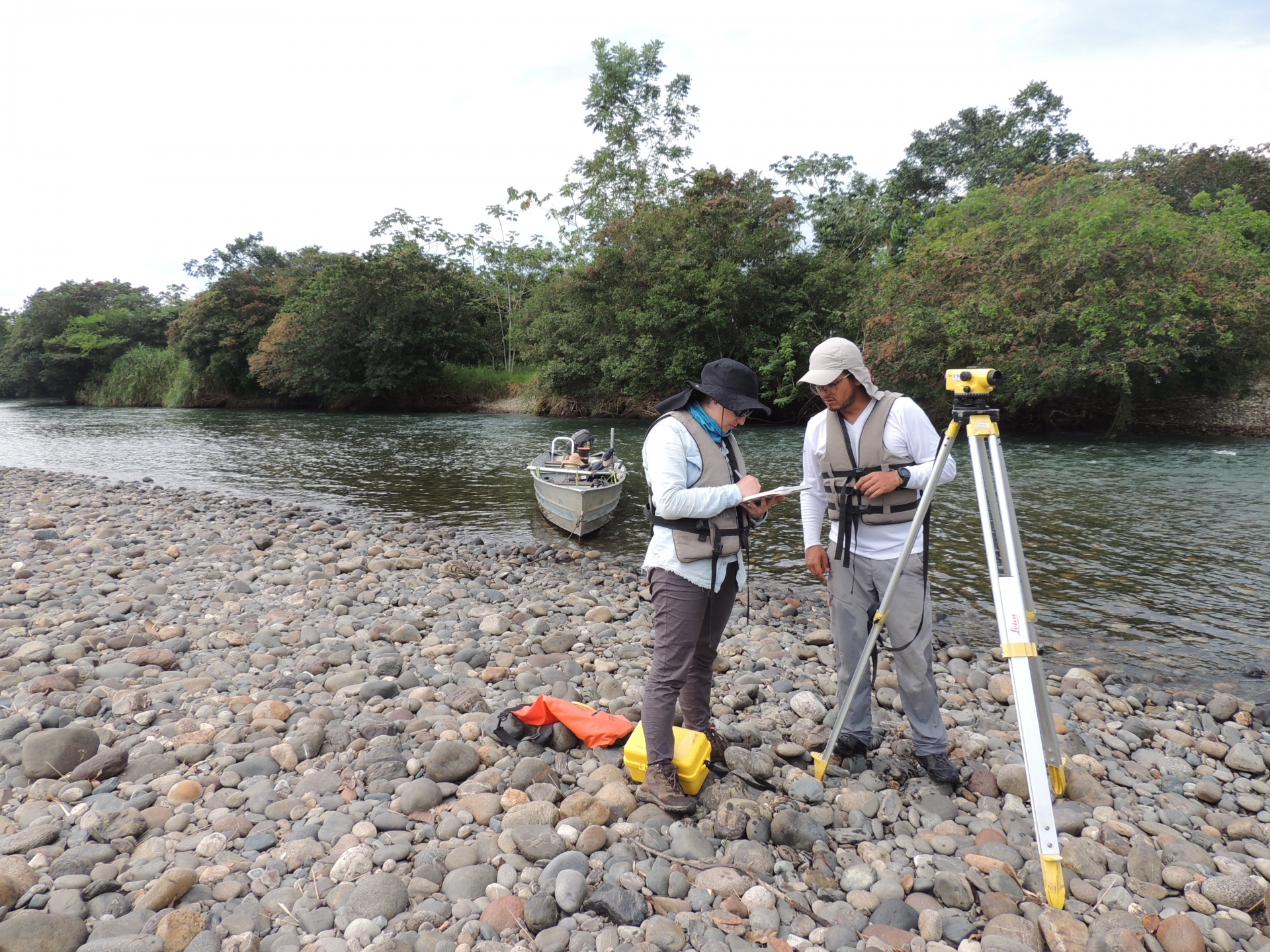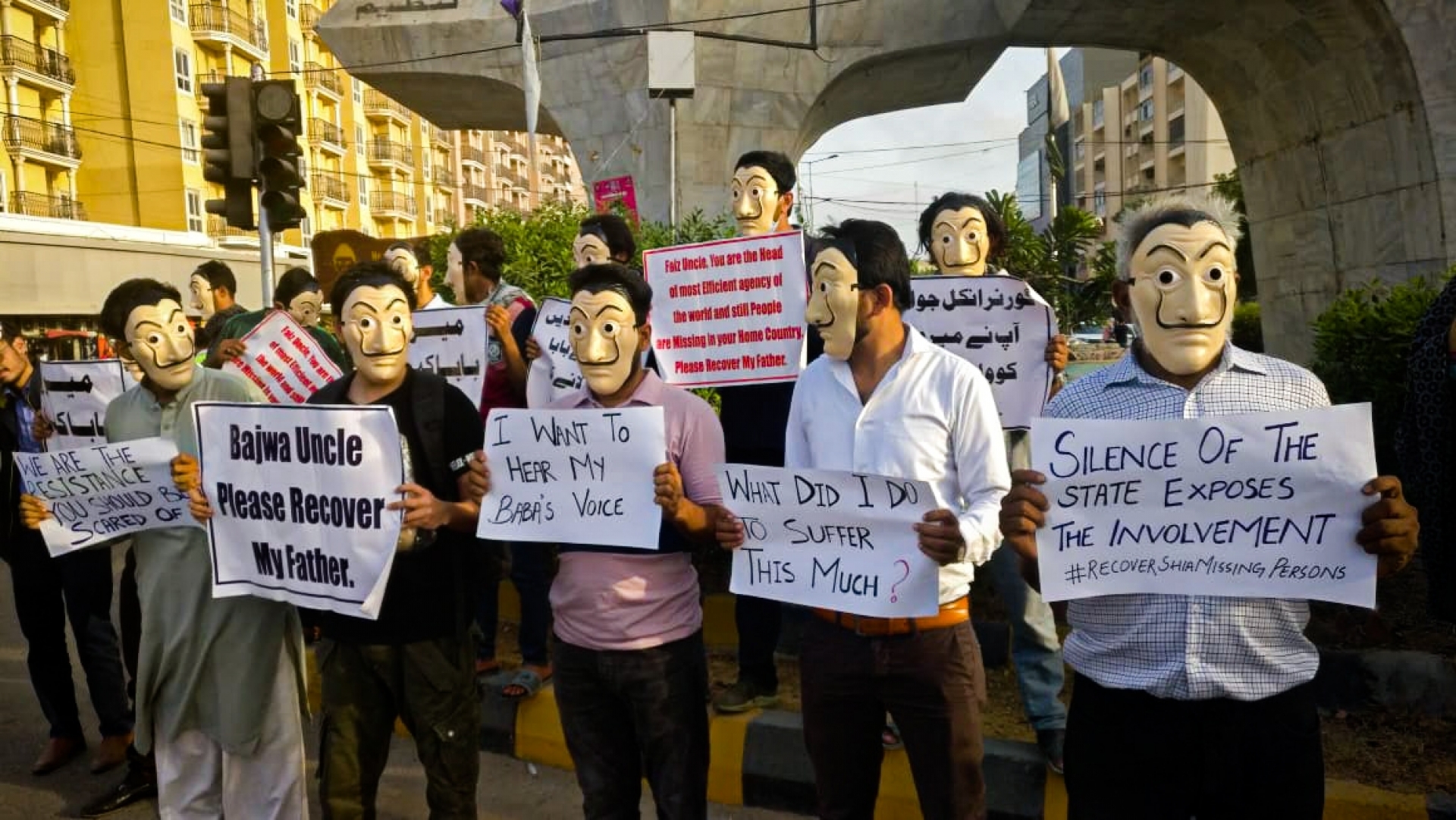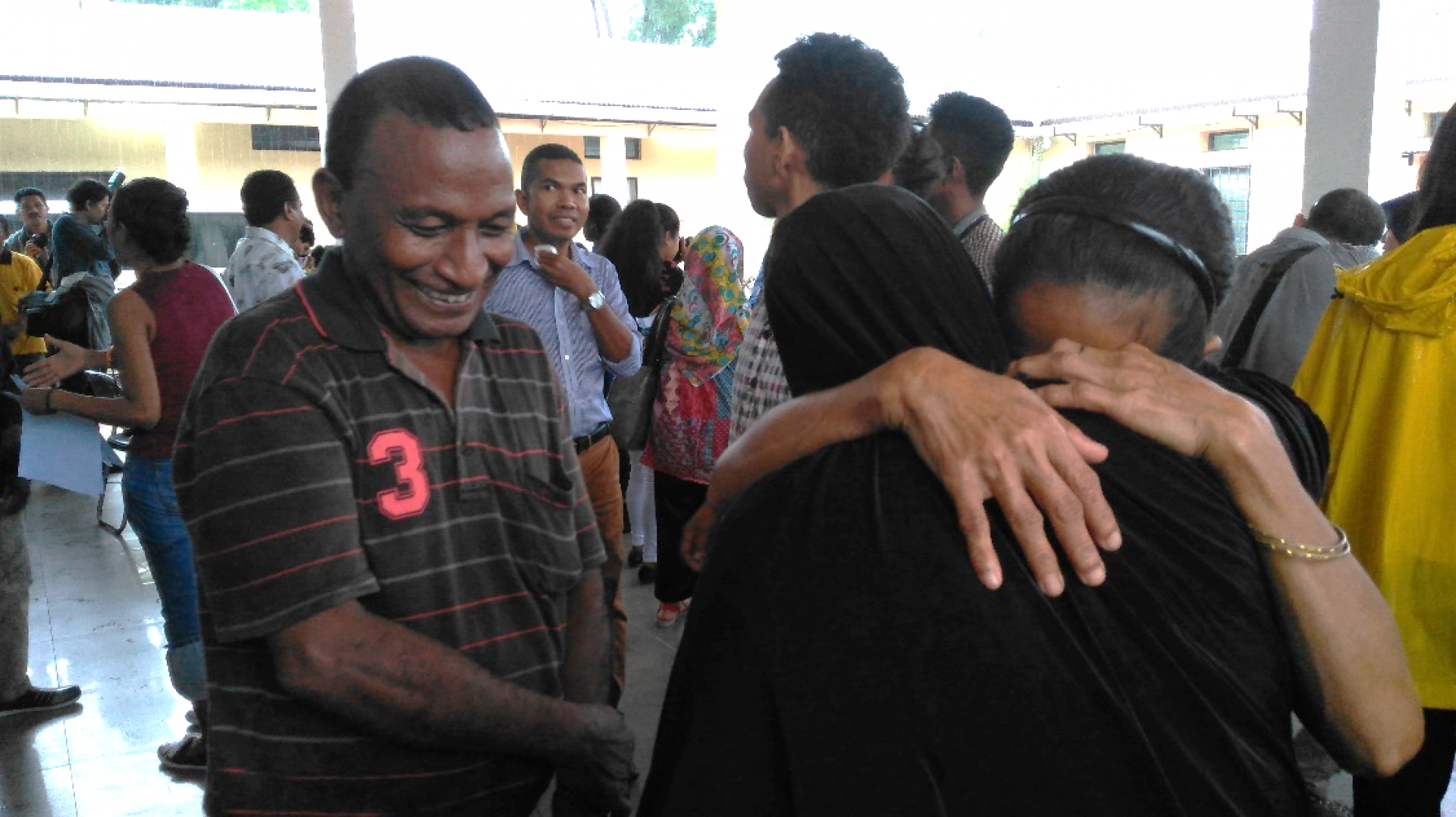According to the United Nations, hundreds of thousands of people have disappeared during conflicts or periods of repression in at least 85 countries around the world. The Norwegian Human Rights Fund joins families and friends who have been taken away their loved ones in demanding to know where they are. We recognize the hard work that human rights defenders do to provide support and guidance, which in many cases is key to making progress on the long search for the truth. These defenders and their work continue to be persecuted and threatened in many parts of the world. Some states are using the fight against terrorism as an excuse for failing to comply with their obligations, and there is a still widespread impunity for the practice of enforced disappearance.
The NHRF supports human rights organisations in different parts of the world that work every day to find out where disappeared persons are. This support remains confident that their work is key to enabling the families of victims of enforced disappearance to know the truth.




